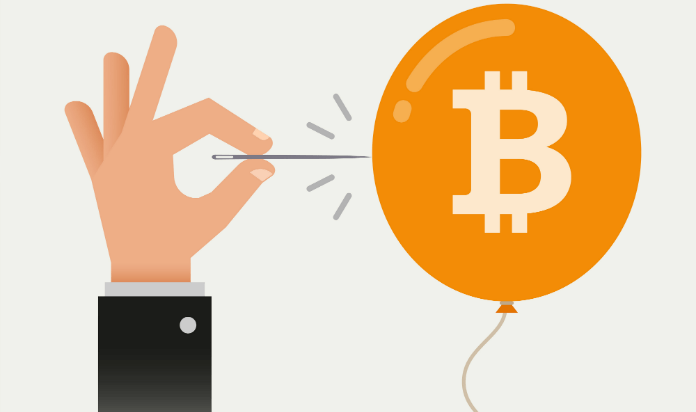
Although many relatively large companies have now been built around Bitcoin, the reality is the peer-to-peer digital cash system is still not ready for primetime. The network would fall apart if the entire world tried to move onto it tomorrow, and the main client software, Bitcoin Core, is still in beta. The majority of Bitcoin users seem to view the Bitcoin blockchain as some sort of trustless, secure ledger that could never encounter problems, but the truth is quite different from that narrative.
Blockstream Co-Founder Matt Corallo gave a talk at the SF Bitcoin Developers Meetup that focused on the various game theoretical principles that make Bitcoin work, and he brought up the fragility of the entire system on more than one occasion.
A Fragile System That Works
Bitcoin mining was the topic of discussion that eventually led Corallo to his comments on the fragility of Bitcoin. The incentives involved with pushing everyone (especially miners) towards playing nice in the Bitcoin ecosystem have worked up to this point, but Corallo noted that this doesn’t necessarily mean that Bitcoin is some sort of completely trustworthy platform:
“Bitcoin is this interestingly fragile system — that works. As someone who’s interested in computer security, cryptography, and stuff, I want a 128-bit security proof that says that Bitcoin will never fail with my money, that I’m going to be safe, my money will always be there and no one will take it, and I’m actually going to be able to use this system. But it’s very, very far from that.”
Bitcoin is Not Fundamentally Secure by Default
Essentially, Bitcoin is held together by nothing more than some game theoretical duct tape. While many view Satoshi Nakamoto’s invention as nothing more than a technical achievement, the reality is the true genius of the system is found in the incentive structures that lead miners towards securing the blockchain. Corallo explained that Bitcoin is not secure by default during his talk:
“Bitcoin is almost hilariously fragile when you compare it to most other financial systems, but it provides very unique properties that nothing else has. I’m not going to stand here and try to be alarmist. I want to state this so that people really understand that this system is not something that is fundamentally secure and we can just go off and do whatever we want to it.”
Although Bitcoin is not secure by default, the incentive structures created by Satoshi Nakamoto seem to be working quite well up to this point. It may not be correct to say that Bitcoin is technically secure, but not many would argue with the idea that it is practically secure — at least for now.
Don’t Mess with the Incentives
The complex details that make Bitcoin work are also what make it so difficult to alter. The incentives that Bitcoin miners and users react to every day are almost like a house of cards that could fall apart if the wrong change is made to the protocol. Corallo made note of this fact during his presentation:
“It’s hard; it works based on a lot of minor details and fairly delicate incentive structures. If you go and try to remove the currency or if you change the way to currency works, oftentimes it’s very easy to break it.”
The difficulties associated with making changes to Bitcoin are also the main reason the Bitcoin Core developers tend to be conservative with changes to the code. Corallo, who also moonlights as a Whisper Systems developer, is currently working to improve the rate at which changes can be safely integrated into Bitcoin Core through a proposal known as sidechains.

